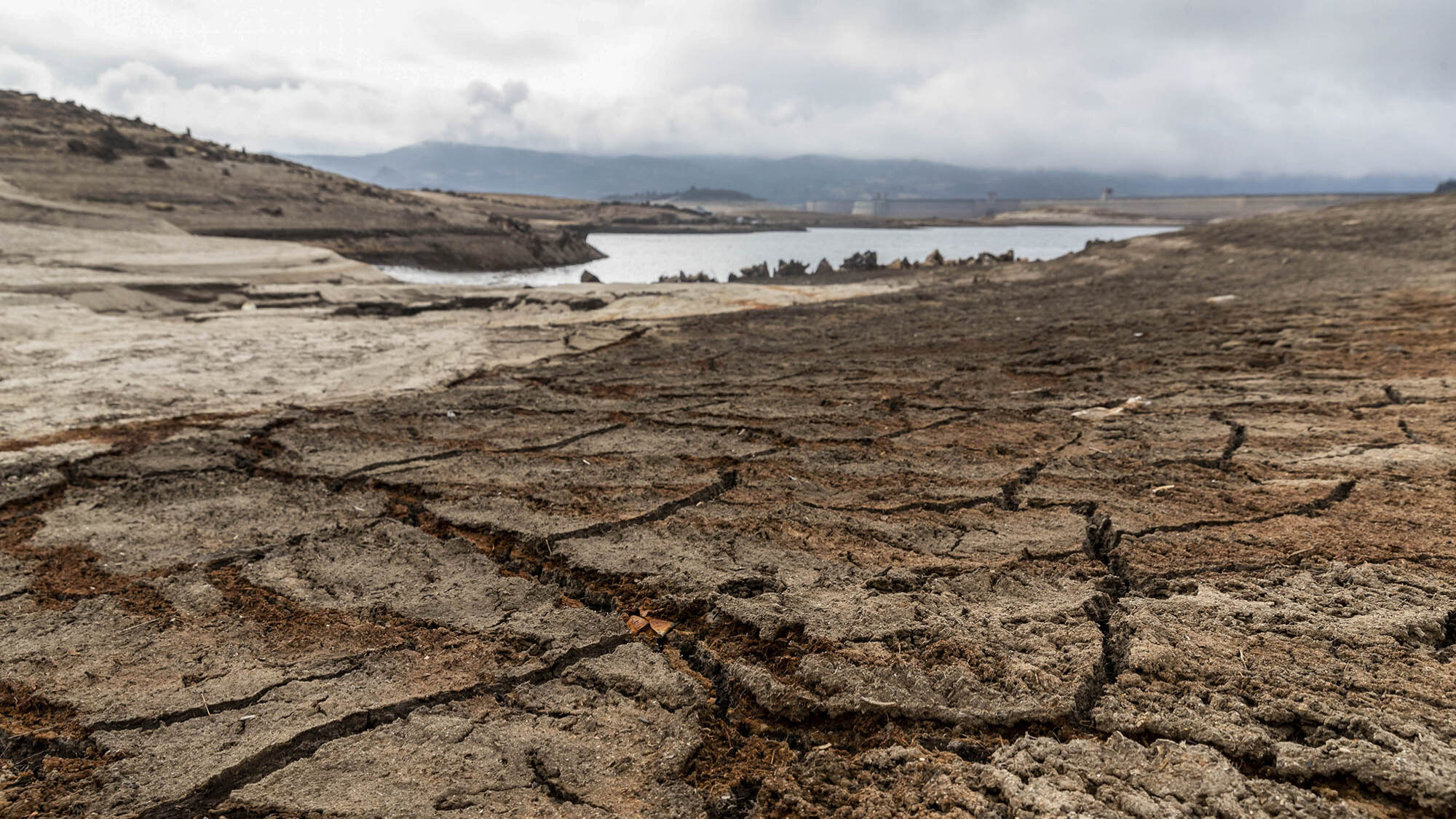Minister declares drought in 40% of southern region; farmers to get EU aid
The declaration of the state of drought, which makes it possible to "activate a set of measures within the scope of support to farmers".
Portugal’s agriculture and food minister, Maria do Céu Antunes, said on Monday she had signed the order recognising a drought situation in 40% of the southern region of the country.
According to the minister, the order was signed on Friday after the ministry received data from the national meteorological institute, IPMA stating “that in the last two months there was no rain”, there were “three heat waves during the month of April” and there have been “average and maximum temperatures well above normal”.
“This allows us, with the European Commission, to say that we are in a drought situation,” said Maria do Céu Antunes, in Fundão, where she attended the auction of the first Fundão Cherries 2023 and the presentation of the event to promote the fruit.
According to the minister, the technical data allowed signing the order of declaration of the state of drought, which makes it possible to “activate a set of measures within the scope of support to farmers”.
Maria do Céu Antunes detailed that this aid can either come from the single request of the Common Agricultural Policy (CAP) strategic plan, or from “another set of measures” for which Brussels’ authorisation is being requested, one of which is that fallow land can be used for grazing.
The minister admitted that “the expectation is that the situation will get worse” and the ministry will “monitor it very closely”.
Maria do Céu Antunes added that the Interministerial Drought Commission will meet “whenever it is justified”, to take “the necessary measures” if it is imperative to extend the area covered by the state of drought.
According to the minister, of the 65 hydro-agricultural reservoirs monitored, with approved contingency plans, 60 have the irrigation season guaranteed, as a result of the rainfall in December and January.
“We have five reservoirs with serious restrictions, which already happened last year, but there is a set of investments that are being made in a structural way, so we can improve these reservoirs,” stressed the minister.
Maria do Céu Antunes stressed that there were “some administrative obstacles” to comply with the specific notice for the creation of waterholes, but stressed that it was a job carried out in conjunction with the environment ministry “to resolve” the situation and to have a network of waterholes that would allow for “a greater capacity to accommodate rainwater that falls less often, but when it does, it falls in large quantities”.


